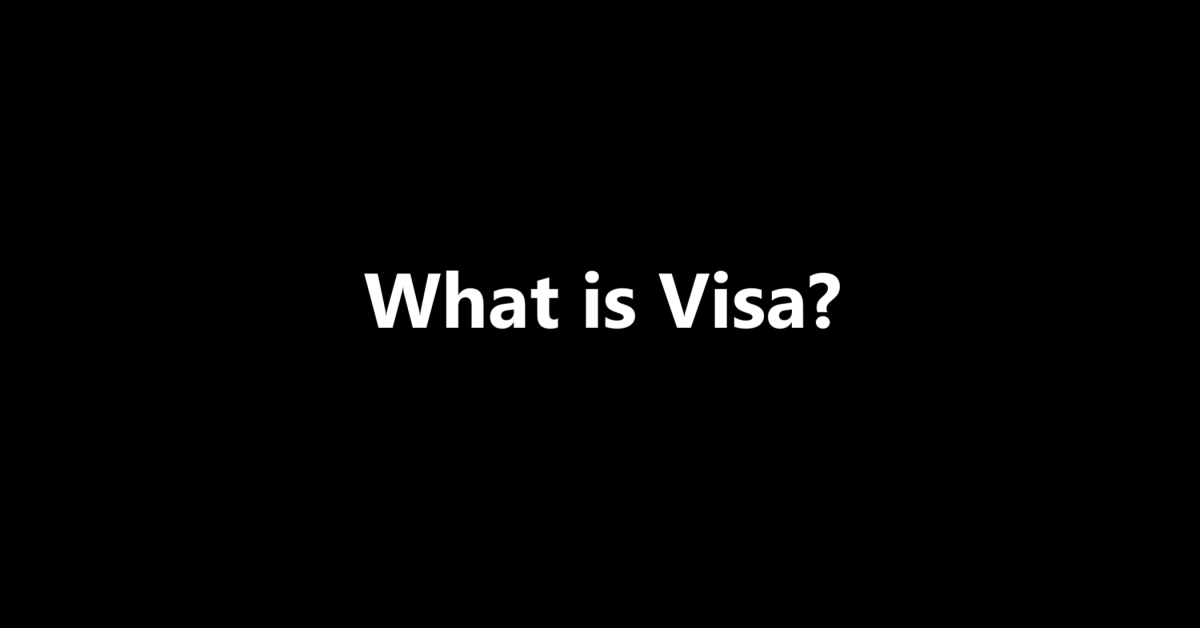Visa requirements can vary significantly depending on the country you wish to visit and your nationality. Here’s a comprehensive overview covering the key aspects of visas:
1. Types of Visas
- Tourist Visa: For leisure travel, usually short-term.
- Business Visa: For business-related activities.
- Student Visa: For studies in a foreign country.
- Work Visa: For employment in the host country.
- Transit Visa: For passing through a country to reach another destination.
- Permanent Resident Visa: For living permanently in a country.
2. Visa Application Process
- Research Requirements: Check the specific visa requirements for the country you wish to enter based on your nationality.
- Complete Application Form: Most countries have online or paper forms that need to be filled out.
- Gather Documentation: Common documents include:
- Passport (valid for at least six months beyond your stay)
- Passport-sized photos
- Proof of travel arrangements (flight itinerary)
- Accommodation details
- Financial proof (bank statements)
- Additional documents (like acceptance letters for student visas)
- Pay the Visa Fee: Fees vary by country and type of visa.
- Schedule an Interview: Some countries require an interview at a consulate or embassy.
- Submit Application: This can often be done online or in person at the relevant consulate/embassy.
3. Processing Time
- Processing times can range from a few days to several weeks, so it’s essential to apply well in advance of your intended travel date.
4. Visa Validity and Extension
- Validity: The period your visa allows you to be in the country. This can range from a few days to several months or years.
- Extensions: Some countries allow you to extend your visa while you are there, but this often requires additional paperwork.
5. Common Visa Challenges
- Denials: Reasons for denial can include incomplete applications, insufficient financial proof, or criminal records.
- Overstaying: Staying beyond your visa’s expiration can lead to fines, bans, or future visa complications.
6. Visa Waivers and Electronic Travel Authorizations (ETAs)
- Some countries have agreements that allow citizens from certain countries to enter without a visa for short stays (e.g., Schengen Area for EU citizens).
- ETAs are similar to visas but typically involve an online application and approval prior to travel.
7. COVID-19 Impact
- Some countries have temporary changes to visa policies or entry requirements due to the pandemic, including health declarations or vaccination proof.
8. Resources for Information
- Official Government Websites: Always refer to the official embassy or consulate websites of the country you plan to visit for the most accurate and up-to-date information.
- Travel Guides and Forums: Websites like Travel.state.gov or forums like Lonely Planet can provide insights from other travelers.
Visa FAQs
Here are some frequently asked questions (FAQs) about visas, including answers to clarify common concerns:
1. What is a visa?
A visa is an official document that allows a traveler to enter, stay in, or leave a specific country. It usually specifies the duration of stay and the purpose of travel.
2. Do I always need a visa to travel?
Not necessarily. Some countries have visa waivers for citizens of certain nations, allowing them to enter without a visa for short stays. Always check the specific requirements for the countries you’re visiting.
3. How do I apply for a visa?
Visa applications can usually be made online or at embassies/consulates. You’ll need to fill out an application form, submit required documents, pay a fee, and in some cases, attend an interview.
4. What documents are typically required for a visa?
Common documents include:
- A valid passport
- Recent passport-sized photos
- Proof of travel arrangements (flight itinerary)
- Accommodation details
- Financial proof (e.g., bank statements)
- Purpose of travel documentation (invitation letters, school enrollment, etc.)
5. How long does it take to process a visa application?
Processing times vary widely depending on the country and type of visa. It can range from a few days to several weeks, so applying well in advance is advisable.
6. Can I extend my visa once I am in the country?
Many countries allow visa extensions, but the process and eligibility can vary. You often need to apply before your current visa expires and provide valid reasons for the extension.
7. What happens if my visa application is denied?
If your visa is denied, you will typically receive a reason for the denial. You may have the option to appeal the decision or reapply, addressing the reasons for the denial.
8. What should I do if I overstay my visa?
Overstaying a visa can lead to fines, detention, or bans from re-entering the country. It’s best to contact the local immigration office to rectify the situation, if possible.
9. Are there any health requirements for visas?
Some countries have health requirements, which may include vaccinations or health insurance. This has been especially common during the COVID-19 pandemic.
10. What if I am traveling with children?
Children often require their own visas and travel documents. Be sure to check the requirements for minors, as they may differ from those for adults.
Additional Considerations
- Always check the official government websites of the countries you plan to visit for specific and updated visa requirements.
- Remember that visa policies can change frequently, and it’s important to stay informed about any shifts in regulations.


